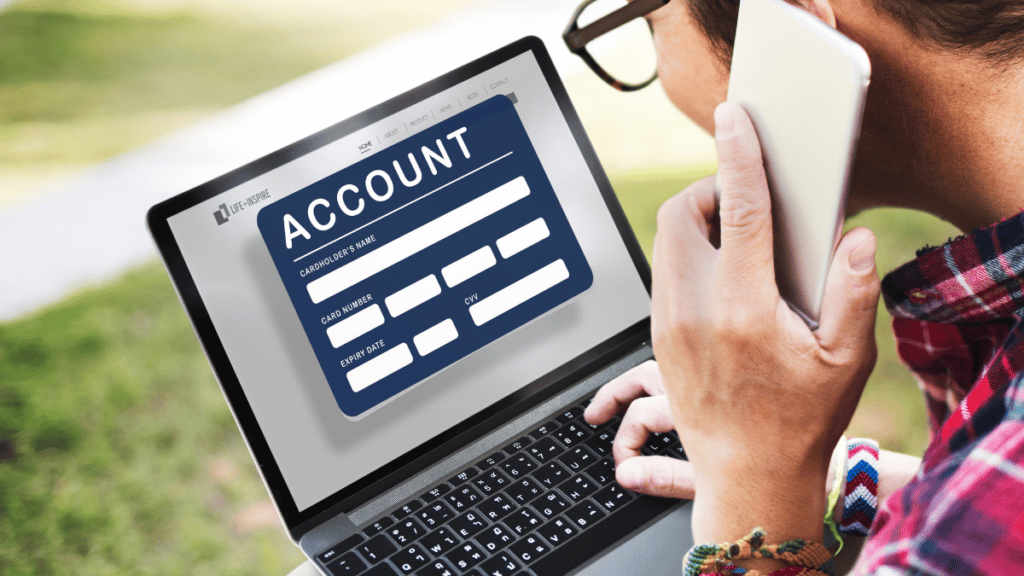Money apps promised to make managing finances easier, but for many people, they’ve done the opposite. Hidden fees, privacy concerns, and features that encourage spending over saving have left users frustrated. Here are eight ways these tools are falling short—and why more people are walking away from them.
Data Sharing Without Clear Consent

Many apps collect more information than users realize, then sell or share it with third parties. Even when it’s in the fine print, people are uncomfortable learning their financial habits are being tracked and monetized—especially when it’s not obvious upfront.
💸 Take Back Control of Your Finances in 2025 💸
Get Instant Access to our free mini course
5 DAYS TO A BETTER BUDGET
Subscription Fees Keep Climbing

What started as free budgeting help now often comes with a monthly charge. Some apps even lock basic features behind a paywall or bump up fees without much notice. For people trying to save money, it feels backward to pay more just to track spending.
Automated Advice That Misses the Mark

Some apps use automation to offer advice, but it’s often generic or outdated. Telling users to save $50 a week when they’re living paycheck to paycheck just doesn’t land. When suggestions feel tone-deaf, trust breaks down fast.
Overpromising Results

Apps often claim they’ll “transform your finances” or “help you crush debt,” but the results rarely match the hype. Users end up feeling misled, especially if they pay for features that don’t deliver real progress.
Security Concerns Are Growing

With so much sensitive information involved, people are rightfully worried about security. Data breaches and unclear protections make it harder to trust these platforms—especially when it’s not clear what happens if something goes wrong.
Pushy Upgrade Prompts

Some apps constantly prompt users to upgrade or try new paid features, even when they’re not helpful. It turns the tool into a sales pitch and makes people question whether the app actually prioritizes their goals—or just its own profits.
Banking Integrations Keep Failing

One of the main perks of finance apps is syncing with banks—but when those connections fail, it ruins the experience. Missed transactions or outdated balances can lead to overdrafts and budgeting mistakes, eroding confidence fast.
Features That Prioritize Spending

Ironically, some personal finance apps promote credit card offers, investing platforms, or shopping perks that encourage users to spend more. Instead of helping people stay on track, they create more temptation—undermining the entire point of the app.
When Money Tools Feel Like a Trap

People want support, not another sales funnel. As trust erodes, many users are going back to basics—spreadsheets, notebooks, or just paying closer attention without the noise. When an app designed to help with money starts costing peace of mind, it’s not worth the download.
13 Tips for Creating a Realistic Budget You Can Actually Stick To

Managing your money is the key to financial peace of mind. A solid budget doesn’t just help you pay bills; it ensures you’re setting yourself up for a secure future. The problem is, if your budget’s unrealistic, you’ll toss it aside by the end of the month. These 13 tips will help you create a budget you can actually stick to without feeling like you’re depriving yourself. 13 Tips for Creating a Realistic Budget You Can Actually Stick To



